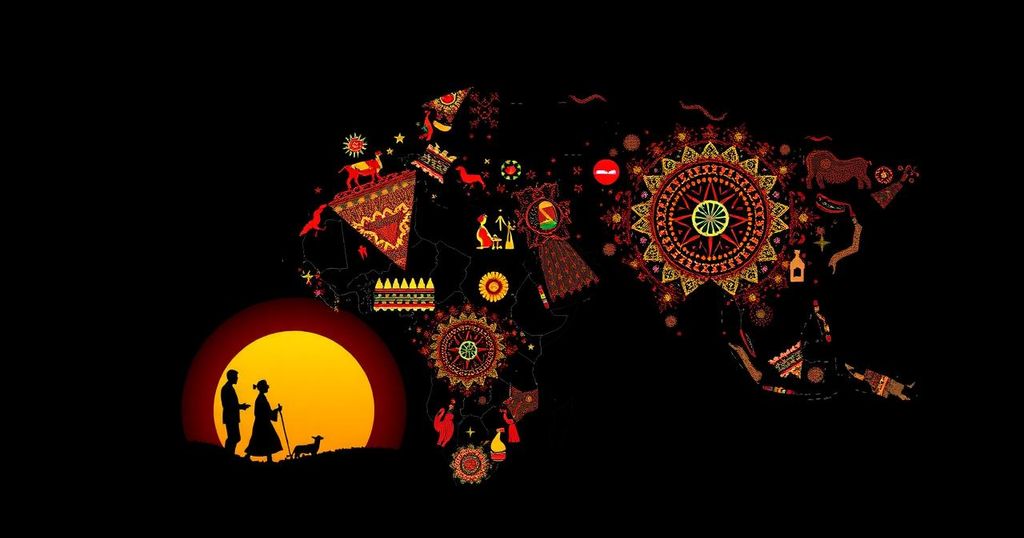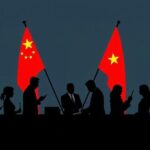Russia’s Growing Influence in Africa through Cultural Diplomacy and Misinformation Campaigns
Summary
Russia is significantly increasing its influence in Africa through a newly established media organization, African Initiative, which promotes pro-Kremlin narratives via cultural events and misinformation. The group has focused on West African nations like Mali, Niger, and Burkina Faso, employing tactics that include press tours, community engagement, and spreading anti-Western sentiments, particularly towards the United States. Amidst a backdrop of disillusionment with Western powers, Russia’s outreach aims to reshape African perceptions and foster allegiance.
Russia is increasingly asserting its influence in African nations, particularly through cultural initiatives and misinformation campaigns. These efforts are spearheaded by a new media organization called African Initiative, which was established shortly after the demise of Wagner Group leader Yevgeny Prigozhin. This organization aims to serve as an “information bridge between Russia and Africa” and has ties to Russian security services. Based in countries like Mali, Niger, and Burkina Faso, African Initiative seeks to engage with local journalists, influencers, and students using media events, press tours, and cultural exchanges. In recent months, African Initiative has organized various activities, such as press tours for African journalists to Russia-occupied regions of Ukraine, where these participants reported on the situation from a pro-Kremlin perspective. Moreover, through community outreach in Burkina Faso, the group has orchestrated events where the Russian national anthem was played during football competitions, introduced educational programs in schools, and hosted graffiti festivals showcasing portraits of Russian President Vladimir Putin. Despite facing criticism regarding its narratives, African Initiative continues to push anti-Western sentiments, specifically targeting the United States. Claims without evidentiary support have emerged about U.S. bio-labs in Africa allegedly being linked to biological experimentation, perpetuating previously debunked Kremlin narratives. The organization has been strategically utilizing social media channels to disseminate its content widely, attempting to cultivate a favorable view of Russia while discrediting Western influences.
The backdrop to Russia’s intensified focus on Africa is the shifting political climate in specific West African nations, where dissatisfaction with former colonial powers has led to a growing openness to Russian engagement. Following a series of military coups, countries like Mali, Niger, and Burkina Faso have distanced themselves from their Western allies, particularly France, and have sought to forge new alliances with Russia. This development presents an opportunity for Russia to expand its presence and influence, especially through cultural initiatives that resonate with the local populace. The African Initiative aims to capitalize on this trend, reviving tactics previously employed by the Wagner Group while establishing itself as a credible media entity committed to fostering dialogue between Russia and African nations.
In conclusion, Russia’s efforts to build influence in Africa, particularly through the African Initiative, highlight a strategic maneuver to replace Western dominance with its own narrative. By leveraging cultural diplomacy, misinformation, and direct engagement with local communities, Russia aims to reshape perceptions and foster a positive image on the continent. The rising anti-Western sentiment and eagerness for new alliances in countries like Burkina Faso set the stage for Russia to potentially broaden its geopolitical reach, posing challenges for existing Western partnerships in Africa.
Original Source: www.bbc.com







Post Comment